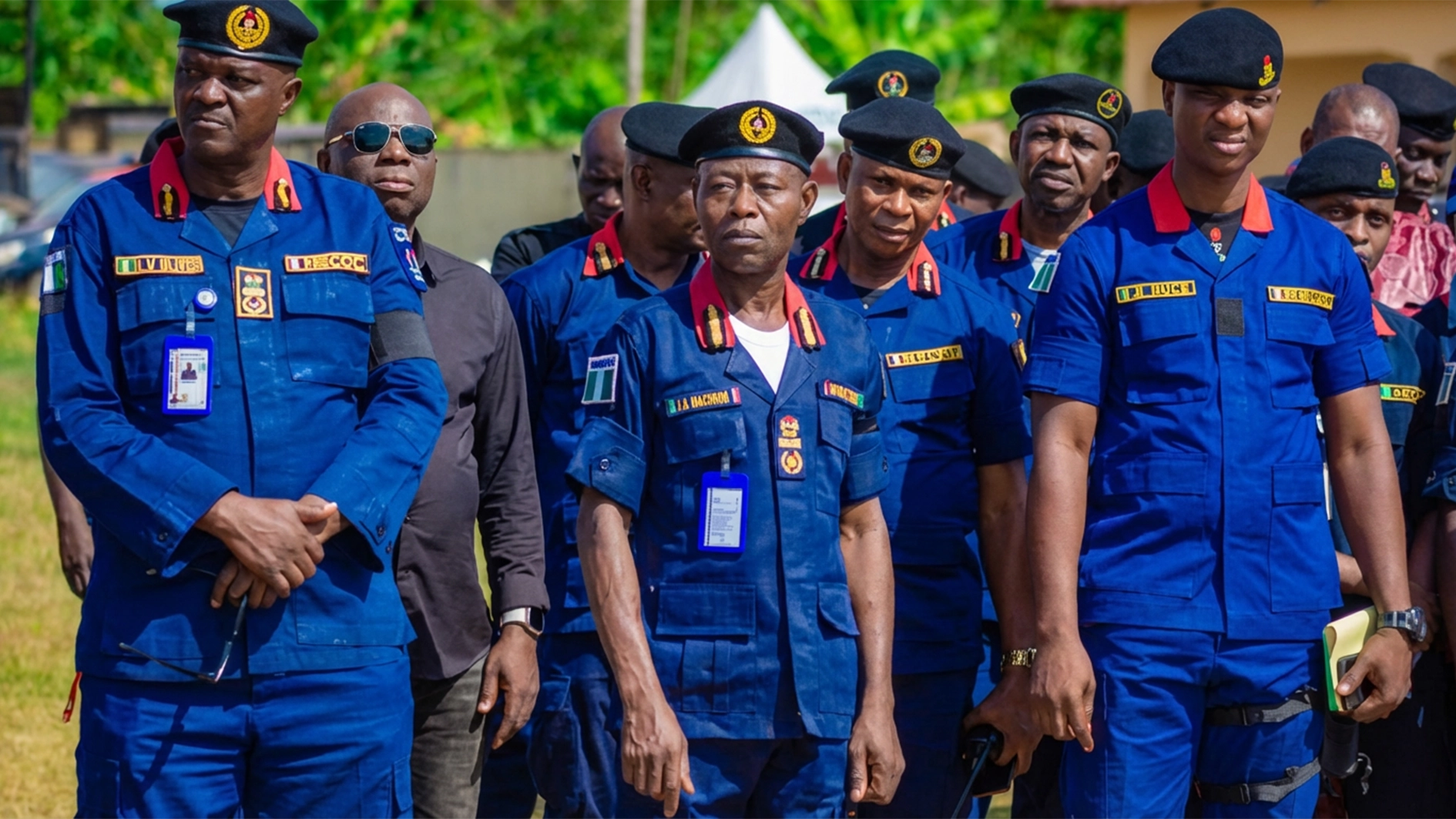Following the divestment plans of oil multinational companies in the Niger Delta, especially Shell, stakeholders have urged all communities affected by oil pollution to synergise and hold the international firms accountable for the environmental disasters caused by oil exploration, and demand compensation.
This was stated at a meeting of community representatives from Delta, Rivers, Bayelsa and Abia states, held at the EDEN Resource Centre in Yenagoa, the Bayelsa State capital, to raise awareness of community members on the need to educate local communities on their rights and how to hold Renaissance Africa Energy Holdings and other local oil firms accountable for the continuous pollution of the Niger Delta region in the face of divestment by Shell and other oil multinationals.
Deputy Executive Director of EDEN, Alagoa Morris, who presided over the meeting, stated that the interactions and shared experiences of affected communities were necessary to strategise on how to collectively confront the polluters.
He described Shell’s divestment as a ploy to escape the consequences of decades of environmental and human rights abuses, while operating under the guise of local oil companies.
Also speaking at the meeting, EDEN’s Programme Manager on Women and Gender, Keziah Okpojo, who touched on the importance of women inclusion in climate and environmental justice system, observed that it was not just to complete protest numbers, but to also participate in decision-making and advocacy efforts towards seeking justice and accountability, while Akpotu Ziworitin and Sabastan Kpalaap highlighted the human and environmental rights of the people, as well as the need to continue to speak up to uphold their rights and ensure accountability from oil companies.
On her part, Media and Communication Manager of EDEN, Elvira Jordan, spoke on the role of social media in environmental advocacy and how communities can utilise the Internet to expose injustices of the oil and gas sector, as social media provides a wide opportunity to reach the oil companies, government regulatory agencies, civil society organisations, human rights advocates and other stakeholders.
Ngbar Lezin, who represented Korokoro Community in Tai Local Council of Rivers State, lamented that after decades of pollution by Shell, they have neglected the need to carry out a health audit of the people in the community, and a responsive medical care to cater for the multiple issues of stroke, miscarriages, early menopause and blindness that had swept across the community.
Also speaking, Okala Precious from Elebele Community in Bayelsa State, said the oil and gas experience of the settlement had really been bitter, pointing out that despite the continuous destruction of livelihoods and the near extinction of aquatic life, the succeeding company took over without any information to the people, except for a letter to one of the biggest families in the community to announce their coming.
A representative of Abia State, Nelson Nwafor, decried the attitude of the companies towards the people, as they have reportedly closed every window of dialogue by intimidating the community folks with security agencies.
In his intervention, Jonah Gbemre from Iwherekan/Otu-Jeremi Community in Delta State, highlighted how the justice system has failed the host communities, citing the landmark judgment that was given to his community in 2002 to end gas flaring.






